Contributors
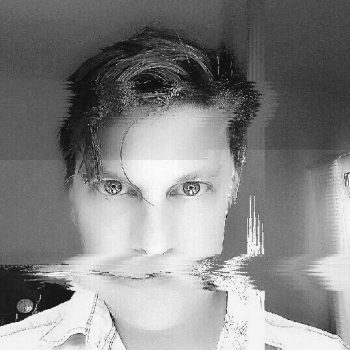
John Bailey
I write for The Age and RealTime and sometimes broadcast on RRR and have been known to do teachy things at tertiary and high school level. I’m also currently working on longer projects including fiction and a graphic novel.
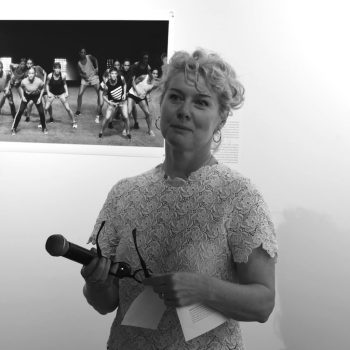
Erin Brannigan
My primary motivation in writing about dance and choreography in its many forms is to help it persist into the future. And I am a huge fan… I want our dance artists to be as valued and celebrated as Australian artists working in other fields are.
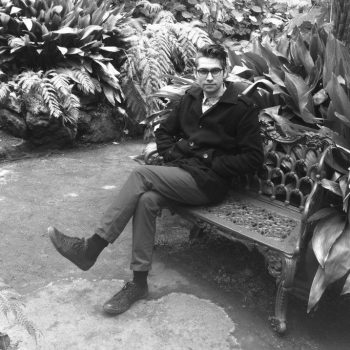
Ben Brooker
In 2005, having abandoned plans to train as an actor, I attained a Bachelor of Arts from Flinders University, majoring in drama. I returned in 2010 to complete my honours; my thesis explored online theatre criticism.
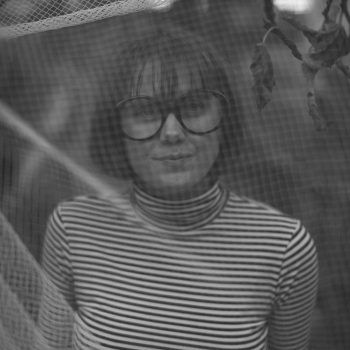
Elyssia Bugg
Elyssia studies history and writes about dance, contemporary performance and video for RealTime and revels in criticism’s “translation from physical actuality to textual realisation.”
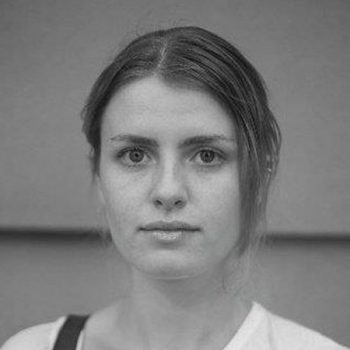
Lauren Carroll Harris
An award-winning writer, researcher and artist, Lauren has a PhD from UNSW theorising film distribution and has recently contributed to such outlets as The Monthly online and ABC RN’s The Final Cut. Lauren was RealTime’s Acting Assistant Editor in 2017, and she writes the Stream Lover column for Guardian Australia and the Wake in Light series on new Australian cinema for Kill Your Darlings.
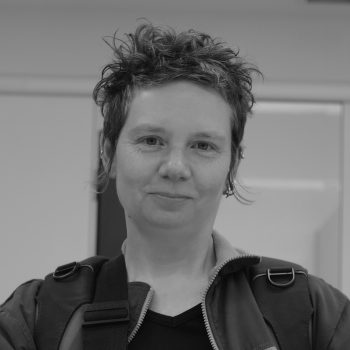
Urszula Dawkins
I work mostly across the arts and academia as a journalist, writer/editor and mentor, as well as maintaining my own creative practice as a writer, collaborator and sometimes-musician.
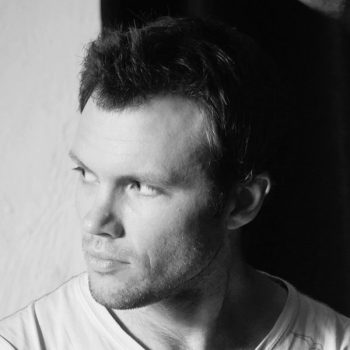
Oliver Downes
I’m fascinated by the artistic process and the sociology of creativity, the endlessly inventive ways in which people across vastly different mediums and styles approach the production of creative work and how that work responds to the social structures in which it’s produced.
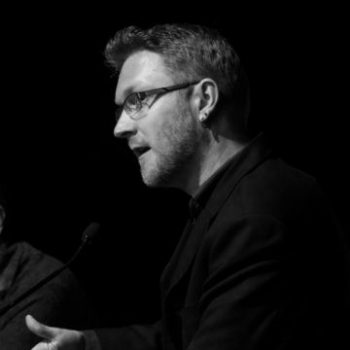
Dan Edwards
Dan Edwards, writer, reviewer and the author of Independent Chinese Documentary (OUP, 2015) has lived in China, curated programs for Australian film festivals and written for a variety of publications, most frequently for RealTime.
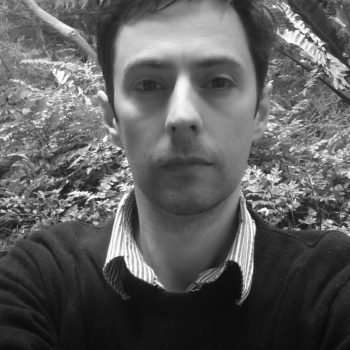
Andrew Fuhrmann
A critic sits reflected in the eye of the artist. Each review is a fragment of autobiography, if it is honest. “My face in thine eye, thine in mine appears and true plain hearts do in the faces rest,” wrote John Donne in The Good-Morrow. The more one writes, the more complete the self-portrait. What can I say about myself that can’t already be deduced from the criticism? What else do I need to say?
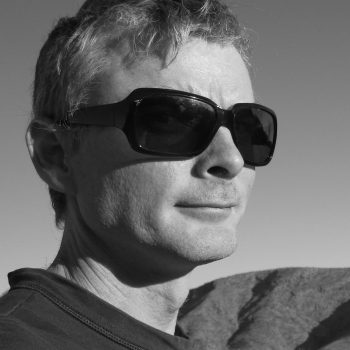
Darren Jorgensen
Darren describes himself as a failed novelist whose life changed when he realised that art made in the remotest parts of Australia was of a quality to compare to any made in New York or Paris, yielding articles, books and a career.
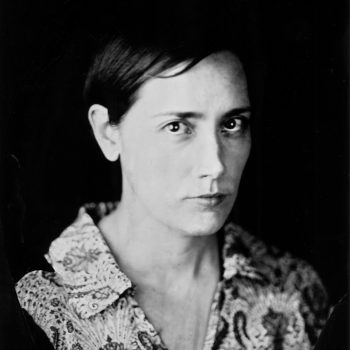
Briony Kidd
As a teenager I decided “to be a film director like Jane Campion,” so I went to study film at VCA. Truthfully, I had an inkling, even at that age, it wasn’t going to be a straightforward career path, but does anyone truly understand what they’re getting into when they sign up for a creative pursuit?
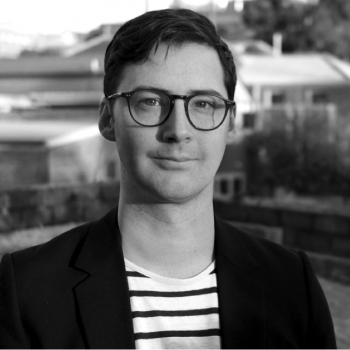
Matthew Lorenzon
I see journalism and academic writing as intertwined practices that use different methods to critique, document and argue the value of the arts. I started writing for RealTime during my Masters studies in Literature at the University of Melbourne in 2011 and continued throughout my doctoral studies in Musicology at the Australian National University.
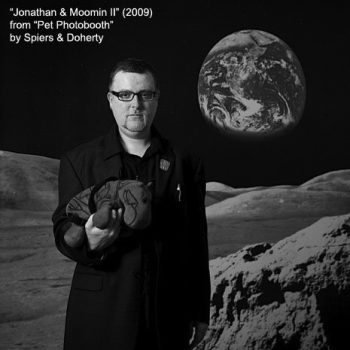
Jonathan W Marshall
My aim continues to be to bring new insights to bear on the plasticity of action, movement, sensuality and sound; to critically interrogate and champion culture in all its forms. I work with artists, but I do not serve them. I serve my readers, and any who wish to think hard about the world, and what it is that surrounds us.
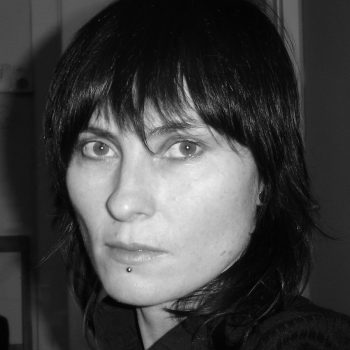
Fiona McGregor
Fiona McGregor is a Sydney writer and performance artist. The author of five books including Strange Museums, a travel memoir of a performance art tour through Poland, McGregor writes essays, articles and reviews for many publications including RealTime, Overland, The Monthly, The Saturday Paper, Runway and Running Dog.
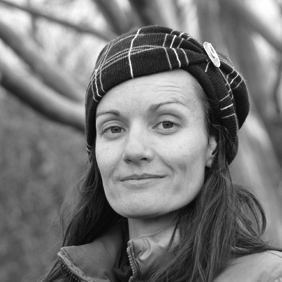
Jodie McNeilly
I’m no fiction writer or storyteller. Sometimes characters emerge, but I’m more likely to dress in drag or choreograph a dance than write a novel. Ideas and propositions outflank the fictional—it’s a result of the philosophy training.
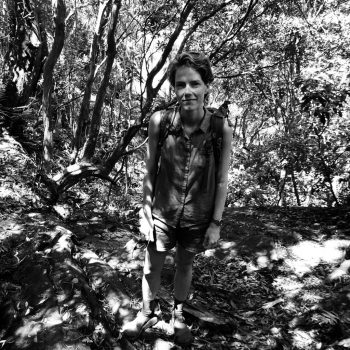
Cleo Mees
Writing helps me think. It leads me to my next thought, to thoughts time has buried and to thoughts I might otherwise never have had. When it comes to writing about art, I admire writing that makes surprising associations and confessions…
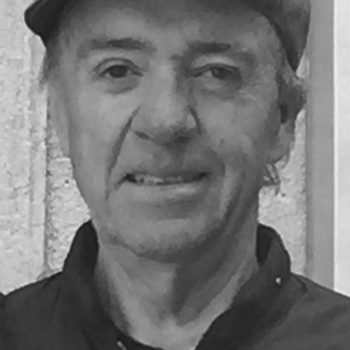
Richard Murphet
I have been working in theatre now for over four decades: as actor, director, playwright and teacher. Theatre in its infinite diversity has provided an ongoing structure to my life, not the only one but a significant one. Doing, viewing and thinking about theatre has deepened my understanding of myself, of others and of the life we lead as social beings. I am totally grateful for it.
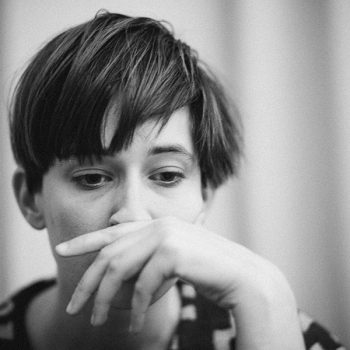
Jana Perkovic
I’ve been writing since about the age of three, but I think of language as a form of communication, not a fetish object.The thing is never equivalent to the word that describes it: language always maps imperfectly onto the object. Perhaps as a way to highlight this multilingual experience of fluidity, I like things that are not words, that cannot be words: dances, places, experiences, emotions.
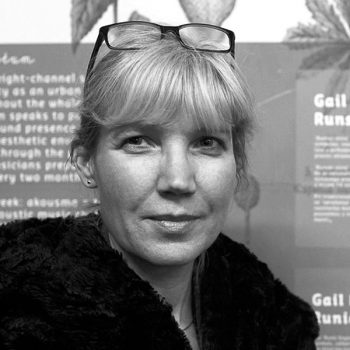
Gail Priest
I’ve worked in the arts in various capacities for over 20 years. For over 15 of these I worked for RealTime as Advertising Sales Manager, Associate Editor, Online Producer and Layout Artist of the beloved print magazine. Somewhere in there, I was encouraged to write articles covering sound and media art in particular.
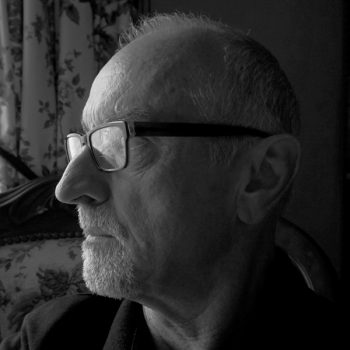
Chris Reid
Chris Reid has recently completed over 30 years in educational administration while writing for half of that period for RealTime. He’s now free to fully focus on his passions—visual art and music, above all works created in Adelaide.
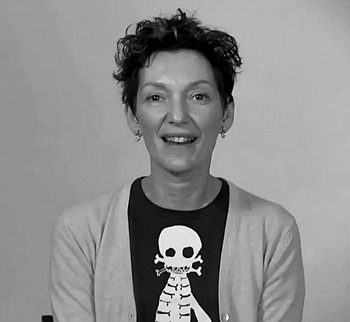
Philipa Rothfield
Philipa Rothfield, a long-time RealTime contributor, lover of dance, sometime practitioner and a former lecturer in philosophy, is currently dedicating herself to completing a book that brings together her passions.
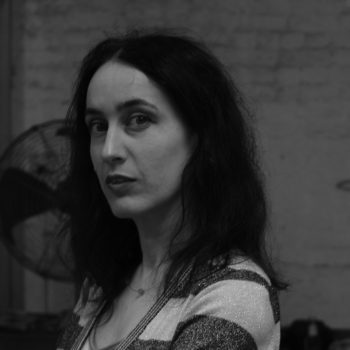
Katerina Sakkas
I love the unexpected paths of inquiry any one review can lead me down. It’s exciting writing for a publication that, with its rigorous editing and encouragement of vivid, idiosyncratic writing, has such a considered approach to arts criticism.
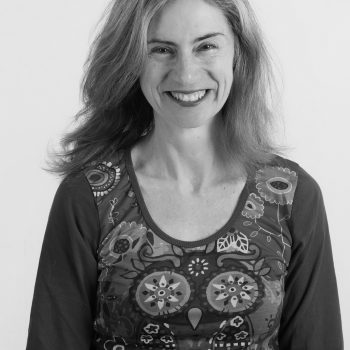
Zsuzsanna Soboslay
I’ve always thought language pushes, sculpts and shapes us. I knew that as a child. I was the obedient daughter of post-WWII refugees with a subversive sense of humor, which I think came from another country. The elderly nuns laughed while the other school kids didn’t know what was going on.
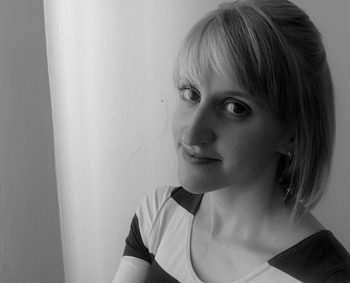
Caroline Wake
Caroline Wake, at one time a RealTime Online Producer, has written extensively for RealTime about contemporary performance, including a focus on how Australian artists and migrants engage with the refugee crisis.
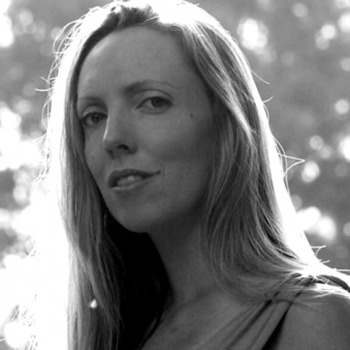
Laetitia Wilson
Following over half a decade of lecturing at the University of Western Australia my work currently involves academic programming at the Lawrence Wilson Art Gallery, in addition to being art critic for the West Australian newspaper and contributing to the academic sphere as a freelance writer.
If you are interested in contributing to our magazine contact Keith at keith@realtimearts.net



